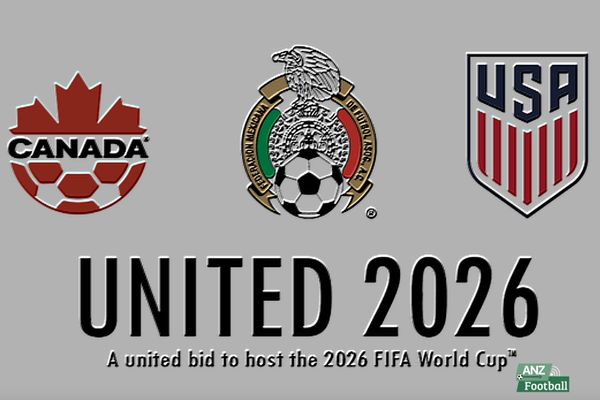The Disciples Of Pep Guardiola - The New Standard Of The Coaching Job
1 year agoThere is no better source for coaches for me than the followers of Pep Guardiola, who will become great coaches in the future. Football from the past 20 years has changed at a dizzying speed. It started with a more personal style in the early 2000s to focus more on organization in the 2006s, then Pep Guardiola's famous Tiki Taka. The defense of the area was born to counteract that kind of magic Tiki Taka, but it gradually retreated into the past with the strong pressing philosophy from the Germans.
The profession of coach has also been and will be entering into such life-or-death changes. A coach now has to ensure many factors for the club such as internal stability, convincing play, trophies and most importantly long-term in the plan. Pep Guardiola is the most typical coach in the past 15 years to do all that in the domestic league. Those who have been students, partners or assistant coaches will also definitely be greatly influenced by the Spanish teacher during the general apprenticeship. And that will follow them to their next job.
Guardiola's early followers included Arsenal's Mikel Arteta, Xavi Hernandez at Barca, Vincent Kompany at Burnley and Xabi Alonso at Bayer Leverkusen. Some have begun to achieve success, some are struggling with their philosophy, and others are struggling. However, Pep's followers are very aware of how to create his identity and influence as Pep did with Manchester City. Let's see what you can learn from Pep Guardiola.
Join anzfootball.com to watch live football on tv and enjoy interesting news about football, managers, and players.
1.Trust the process
The first lesson they learned was the importance of the Trust the process clause - that is, the belief and the process. There is a famous saying in Rome that you cannot build a day just to build a foundation for success, you have to take the time to prepare for it.
After nearly 20 years of football revolution, investing a lot of money to eat the victory pickled before it is completely ready can no longer bring sustainable success to a team. Owners now understand that they have to accept a process of building and rebuilding in one, two or even three years and succeed in many years thanks to this foundation. Take a look at this famous interview clip from Mourinho to describe the importance of building a legacy:
A famous example is the case of Mikel Arteta. The day the former Manchester City assistant returned to the Emirates, Arsenal were just a pile of rubble under Unai Emery's defeat. It has taken Arteta three years to prove his idea was viable and he used it to compete for the title with a mighty Man City.
If Arteta is not convincing enough then look at Burnley's young coach Kompany. Burnley from a weak team under Sean Dyche has risen to become the second Manchester City in the Championship live stream. This season's achievement of Kompany's army is the absolute leading position of the second-ranked team, Szcz United, with 12 points when the tournament on the other 12 rounds is over. Their difference is +40. The Turf Moor team has lost only two of their 34 matches.
It has been recognized that Kompany's consistent football philosophy has helped the team to be good not only with one opponent but all opponents of the league. This is the essence of long distance racing.
2. Human Resources Management
The second lesson from Pep is certainly in managing people. The philosophy of modern human resource management is not to find good people, only to find the right people. A team may not have excellent individuals but if they have a philosophy, they can still beat other teams with football stars but without a clear idea of playing philosophy.
On his first day at Barca, Pep had a very tough rule when he got rid of the team's three biggest stars, Ronaldinho, Deco and Samuel Eto'o. Pep said:
"It's time to restart in this locker room. I don't know if there are bad habits. But the past is over. I will not tolerate a lack of effort to rebuild success. Above all, I want even the most talented players to rekindle the values of the team."
Coincidentally, Arteta also took those steps as his teachers saw off Aubameyang and Sokratis to other clubs when they felt their contribution was no longer high.
In addition, Pep also passed on to his students the spirit of protecting players. In the documentary All or Nothing about Man City, Pep said: “I will protect the players until the last day of work. But internally we have to be honest with each other."
It is a progression of not showing the bad to outsiders in order to avoid players being offended, especially in this media age. With Pep, mistakes can be corrected. Shortcomings can progress. But the hurt cannot be healed.
A road race has 36 to 38 rounds depending on the tournament. In addition to the sublimation stages, a team will have low notes. The emotional clap of the main player is sometimes an important key to leading them through this situation. Arteta, Xavi and Xabi Alonso have all been hit with low notes this season. And all three chose to motivate and put their trust in the players instead of blaming them to be able to overcome the storm.
3. Consistency and Adaptation
The third lesson taught by Pep is consistency and adaptability. Hearing this statement, people will probably feel contradictory, but in fact, a person who wants to compete in the domestic tournament will understand this the best. The person who changes through each match will become the king of cups, and the person who is good at his theory will usually win the domestic championship. Pep and his students are taking the number 2 route - trying to transform their ideas and stay on that path. They can change depending on the situation of the team as well as the opponent, but surely
All that change will not be too far from the original idea. Consistency lies in the formulation of that idea. Adaptability lies in refining the elements to win and from that victory as motivation to continue to consistently build ideas.
Vincent Kompany is doing really well in their own long-distance races. Burnley - a team that is known for boring play has changed to play with more intensity. They actively attacked to win instead of passively waiting for a counterattack. The change is clearly visible in the following two charts:
The chart clearly shows how Burnley's ball control range has increased after just one year of change. Kompany has stuck to its philosophy, despite many saying it doesn't fit Burnley. He has also adapted to allow more wing deployment instead of trying to deploy into two armpits. That's the best example of being consistent and adaptable.
4. Meticulousness and Collectivity
The last lesson of magic for his young teachers is meticulousness and collectivism. If you can't buy the stars, create them. This is probably one of the messages he gave to his assistants. The meticulousness is not only about correcting every little move but also explaining why the players have to do it. What are the benefits of?
Pep wants everyone around him to understand what they are doing and join hands to build a strong team. Pep's legacy is not only to create good players and powerful clubs but also to create the next generation of talented coaches of the future.
It can be said that Pep has accidentally created a new standard of the coaching profession. Four lessons from City coaches, either directly or indirectly, have led young coaches down the road. But who will break through to become Pep's best disciple? Enjoy!
Other news
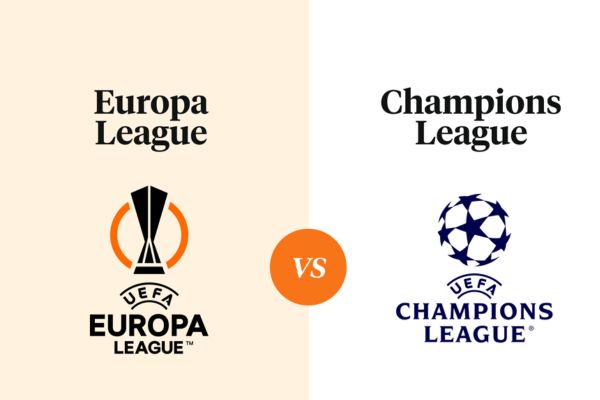
Champions League vs. Europa League: Which One is Better?
1 year ago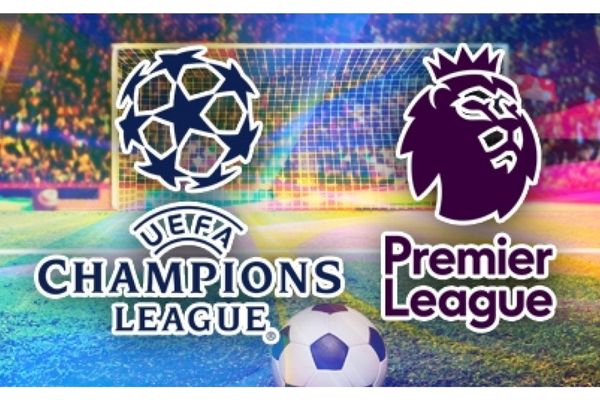
Champions League vs Premier League: What Is The Key Difference?
1 year ago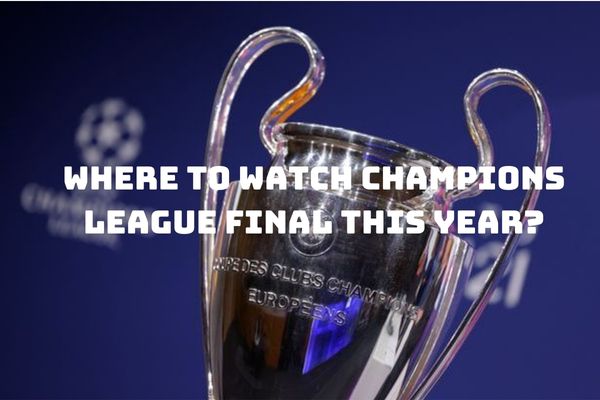
Where to watch the Champions League final? Ultimate Guideline 2023
1 year ago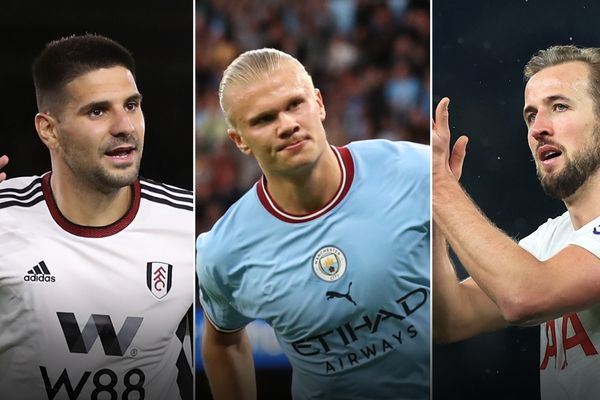
Top 5 Best Strikers In Europe 2023
1 year ago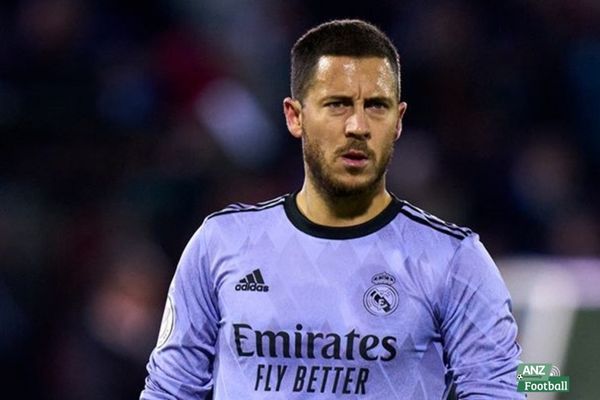
Eden Hazard Biography and His Up and Down Football Career
1 year ago